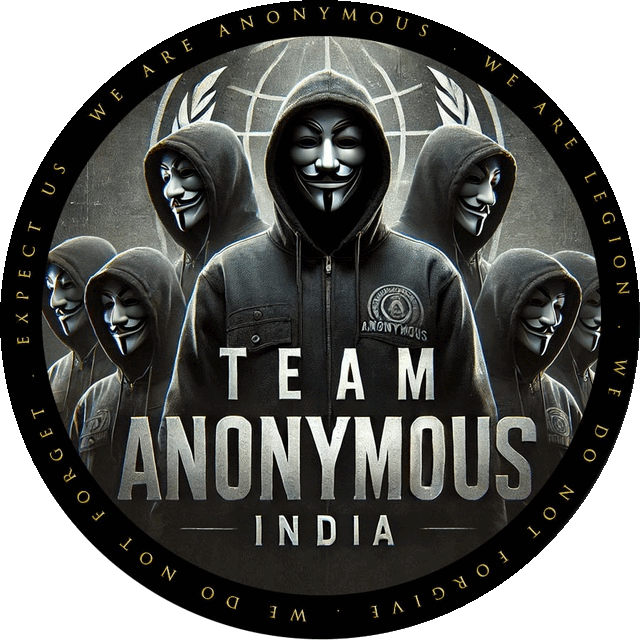H4CKED BY
JORD4N X BABA01H4CKER

THIS SERVER HAS BEEN HIJACKED BY TEAM ANONYMOUS INDIA!
Your Pakistani cyber dreams shattered by Bharat’s elite hackers.From Kashmir to cyberspace, India’s truth dominates.
No mercy for terror supporters – we strike back hard!
Your firewalls are a joke, your defenses crushed under our code.
India’s cyber warriors own your digital borders now.
Dare to challenge Bharat? You’ll regret it!
We Are Legion. We Do Not Forgive. Expect Us!
#OpIndiaRising 🇮🇳 | Jai Hind! | Vande Mataram!